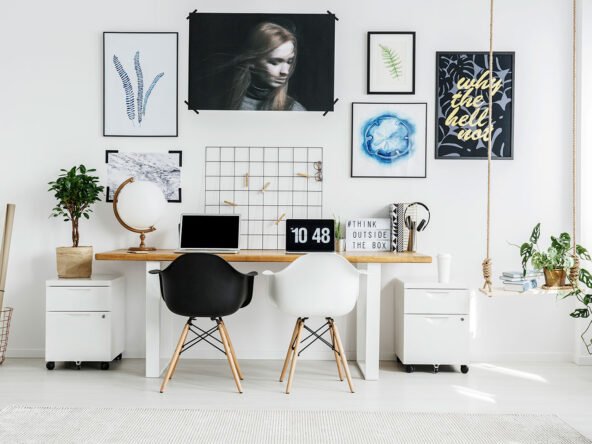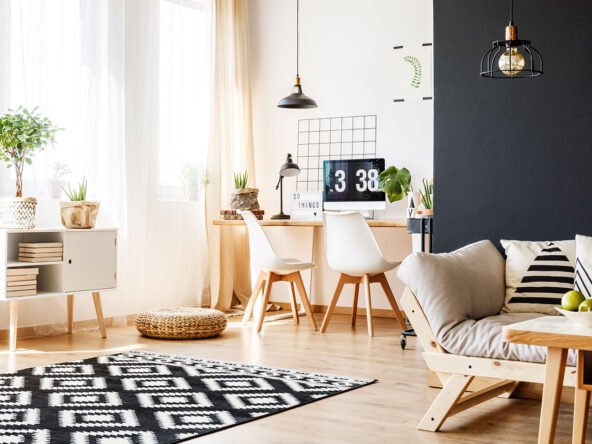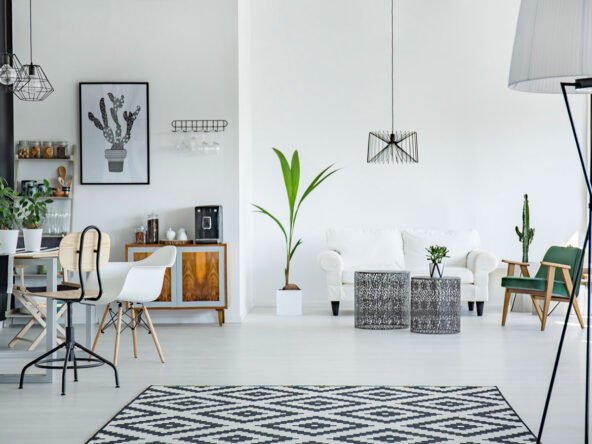Buying your first home is an exciting milestone, but the process can sometimes feel overwhelming. As you embark on this journey, it’s essential to be well-prepared and informed. Here are ten quick tips to help guide you through buying your first house in New Zealand.
1. Determine Your Budget
Before you start house-hunting, it’s crucial to know how much you can afford.
+Evaluate Your Finances**: Look at your income, savings, and current expenses. Use mortgage calculators to understand what you can realistically afford.
- Pre-approval: Getting a mortgage pre-approval from the bank will give you a clear picture of your spending power. It can also make you a more attractive buyer to sellers.
2. Research Locations
Location is everything when it comes to real estate.
- Neighbourhoods and Suburbs: Spend time researching various neighborhoods. Consider factors like proximity to work, schools, public transport, and amenities.
- Future Developments: Check if there are any planned developments in the area that might affect property values or quality of life.
3. Understand the Market
The property market can fluctuate, so understanding current trends is vital.
- Market Trends: Look at recent sales data to gauge whether prices are rising or falling.
- Seek Local Expertise: Real estate agents or local property websites can provide valuable insights into the market. Don’t hesitate to ask for advice.
4. Inspect Thoroughly
Never judge a house by its listing photos alone.
- Professional Inspections: Hire a professional to inspect the property for structural issues, dampness, or any hidden problems.
- Personal Visits: Visit the property multiple times, at different times of the day, to get a real feel of the place.
5. Factor in Additional Costs
Buying a house comes with several hidden costs beyond the deposit.
- Legal Fees: Budget for solicitor or conveyancing fees.
- Stamp Duty and Taxes: Understand the taxes that apply, including any first-home buyer exemptions.
- Maintenance and Renovation: Consider future maintenance or immediate renovation costs.
6. Consider Long-term Value
Focus not just on your needs now, but also in the future.
- Resale Value: Think about how easy it will be to sell the property later on.
- Potential for Growth: Look at areas expected to appreciate in value due to development or improvement plans.
7. Know the Rules and Regulations
Different regions have different rules when it comes to buying property.
- Legal Requirements: Ensure you meet all legal requirements, including any restrictions on foreign buyers.
- Building Consents: Check if any modifications made to the house comply with local building codes and regulations.
8. Get a Good Real Estate Agent
A good agent can make the buying process much smoother.
- Recommendations: Ask friends or family for recommendations.
- Interview Agents: Meet with a few agents to find one you feel comfortable with and who understands your needs.
9. Don’t Rush
Buying a house is a significant decision, and it shouldn’t be rushed.
- Take Your Time: Don’t feel pressured to make a quick decision. It’s better to wait for the right property than to settle for something that doesn’t fit your needs.
- Sleep on It: Give yourself a cooling-off period after seeing a potential home to ensure it’s the right fit.
10. Trust Your Instincts
Finally, trust your gut feelings.
- Comfort and Feel: If something doesn’t feel right about a property or deal, it’s okay to walk away.
- Emotional Connection: You should feel a sense of comfort and happiness envisioning yourself in the home.
“Buying your first home is a blend of head and heart. Make sure you’re financially prepared and emotionally ready to take this big step.”
Taking these tips into account, you’ll be better equipped to navigate the complexities of the property market and find a home that’s perfect for you. Happy house hunting!













